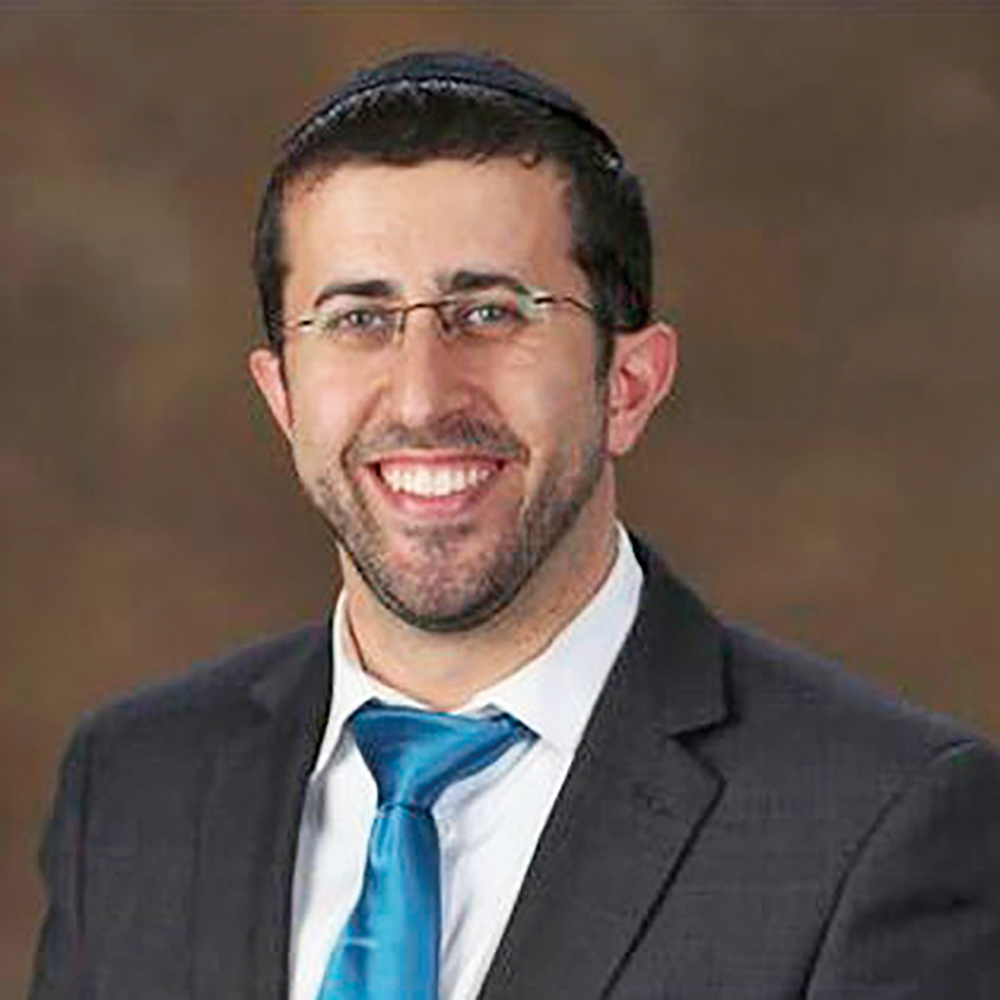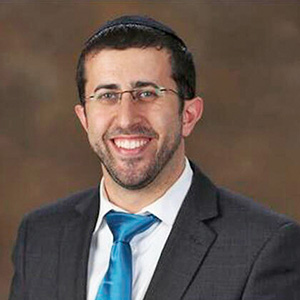
When the 2022-23 school year started, the board of governors of the Rabbi Pesach Raymon Yeshiva (RPRY) in Edison decided to capitalize on the energy unleashed with the arrival of its new head of school, Rabbi Michael Ribalt, and use it to spark a process that would position the school to expand its footprint in the next few years. The current and immediate past presidents of the school, Jordan Kaplan and Tova Renna, selected a top-notch committee of knowledgeable volunteers passionate about the yeshiva for a strategic planning process. To chair the process, they enlisted a respected school lay leader, Dr. Rebecca Cypess, the associate dean for academic affairs at the Mason Gross School of the Arts at Rutgers University, who had recent experience in developing a strategic plan at Rutgers.
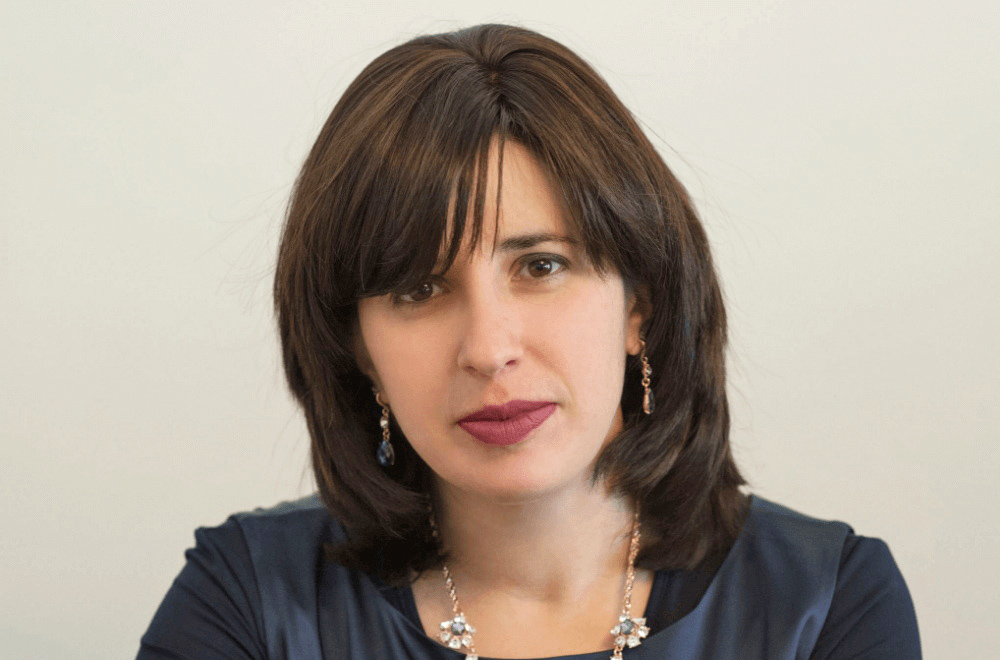
The nine-person strategic planning committee undertook a rigorous process of data collection in November 2022, reviewing all existing recent reports about the school, including notes on focus group sessions for the head of school search and the self-study from the school’s re-accreditation through the Middle States Commission. They held their own focus groups and meetings with parents, faculty, staff and administrators and then administered surveys of parents, faculty/staff, and the broader community. For three months, the group met weekly to parse all the collected data and, as described in the strategic plan, “to imagine a bright, bold future for RPRY.”
In early June the school’s board released the results of all that hard work, a strategic plan for the next five years that rests on four pillars — Excellence and Innovation, Torah Values, Operational Clarity and Efficiency, and Communication.
Looking at the strategic plan, there are a wide breadth of ideas that reflect best practices in early childhood through middle school education (RPRY serves students from kindergarten to eighth grade). Recommendations include developing a system of faculty mentorship; investigating strategic partnerships with groups that support specialized learning needs; increasing faculty development and programming to support students’ skills around positive mental health and resilience; expand efforts to engage with residents of “outlying areas” like Manalapan, South Brunswick and Lakewood; create more optional learning programs; increase opportunities for chesed and service; and other ideas.
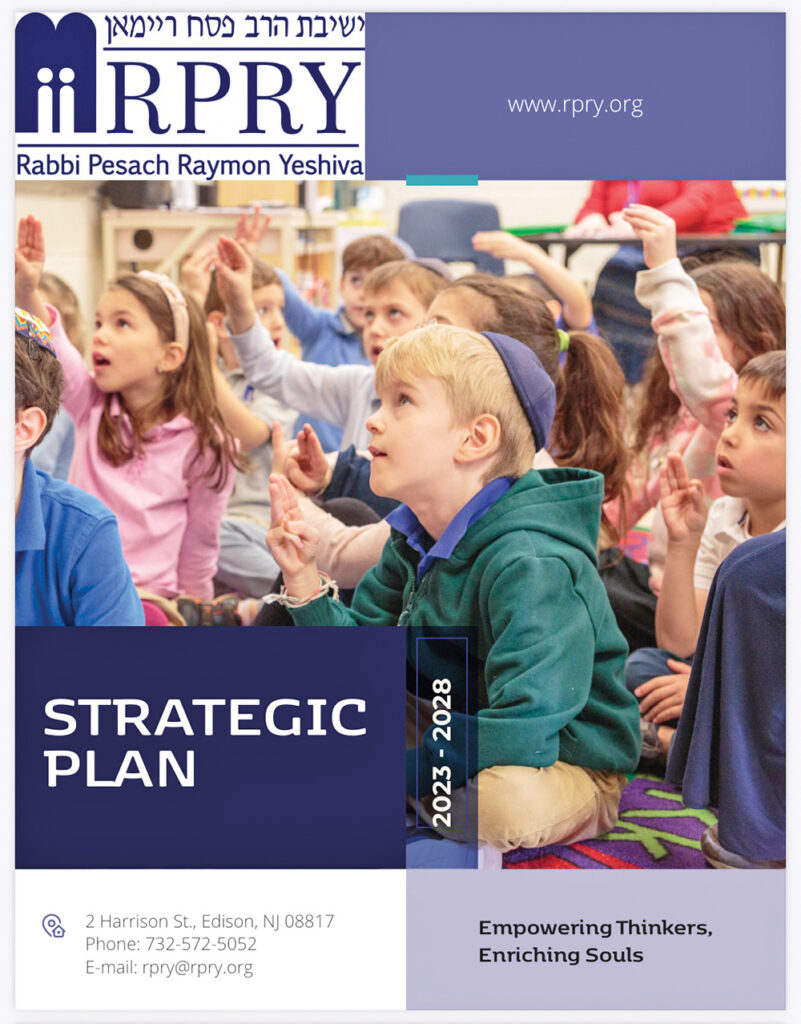
Asked to identify the three most unique features of the strategic plan, Cypess told the Jewish Link:
First, the new organization of the yeshiva, especially Upper Elementary School, which “prioritizes the holistic needs of students at a pivotal/transitional moment in their lives. UES will help students navigate the significant changes that they encounter in their Social, Emotional, Academic, and Spiritual (SEAS) lives.” She pointed out that “there is a great deal of research in the field of education about the many transitions that children go through in grades four and five,” and asserted that “the Upper Elementary unit will provide our fourth and fifth graders with close religious mentorship and address children’s increased self-consciousness and anxieties about their place in the world.”
Second, she added, “creating a partnership with Bnot Sherut Leumi — shlichot from Israel to support Hebrew-language acquisition and programming around the land and state of Israel.” Cypess credits Ribalt with this initiative and envisions a regular presence of Bnot Sherut as assistant teachers in the school.
Third, she continued, “the process itself has been remarkable. The Strategic Planning Committee encompassed a wide range of views and backgrounds from our community; we worked for months to reach consensus and came away with unanimity about every aspect of this plan.”
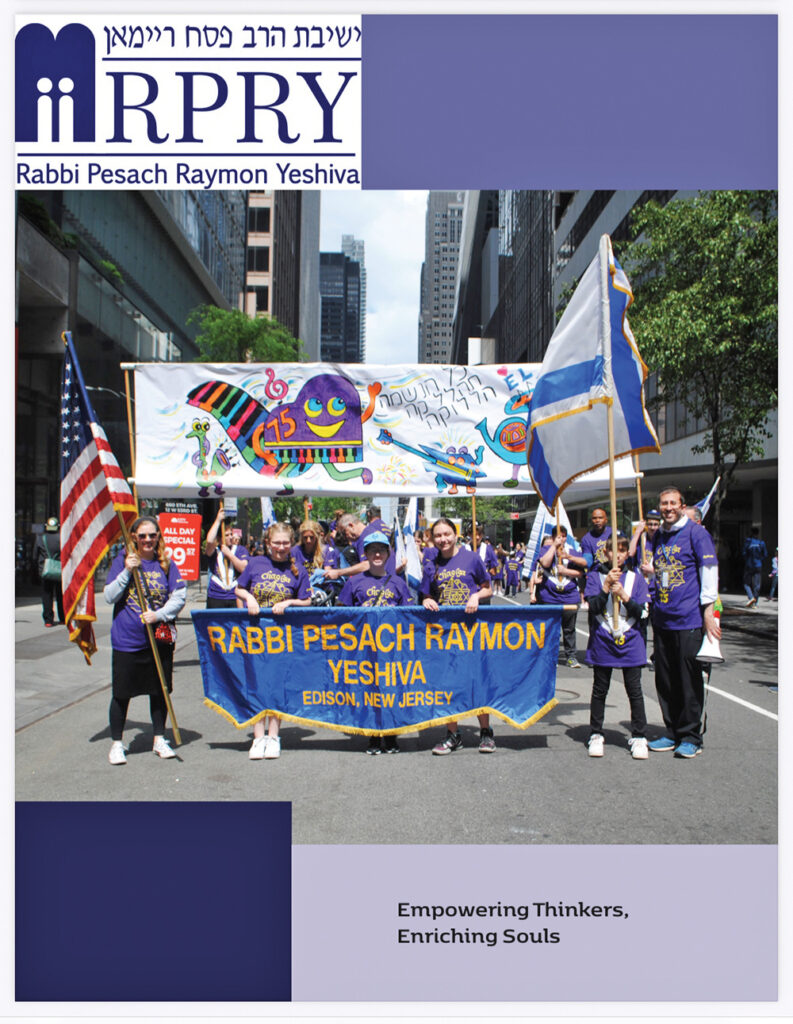
Other members of the strategic planning committee shared their thoughts with the Jewish Link.
“It was a privilege to work with a group of people who represent diverse perspectives,” said Brondy Strassman. “Together, we achieved consensus on the strategic plan through thoughtful discussions. … Our work was skillfully stewarded by Dr. Rebecca Cypess. I have full confidence that this plan, in the hands of Rabbi Ribalt, will build on RPRY’s strengths and identify opportunities to expand the yeshiva’s commitment to educational excellence.”
“There was a lot about the initiative that I found very positive — the people involved, the thorough process, and the recommendations that resulted,” said Rob Haarburger. “What most impressed me, though, was that while we came to the table with different opinions on some issues, we all let the facts and the discussions guide us. I came in with a strong view on one thing and ended up changing my opinion based on what I learned. I noticed that others did so as well. I’m really proud of the way this project was handled and the consensus that developed.”
“We conducted a very thorough strategic planning process to hear from all of our constituents,” said Kaplan. “The strategic planning committee used their input, internal and external survey data along with research into peer institutions and best practices to come up with a set of clear goals and action steps that gained tremendous support. It was very gratifying to see our community come together and help us chart our path forward for the benefit of our children and community.”
“Overseeing a large staff and all the academic, financial, fundraising, recruiting and communal needs of a large community day school can be an all-consuming responsibility, both for a head of school and the lay leaders who’ve graciously agreed to oversee the work of the school,” said Ribalt. “So we are doubly blessed to have a board member like Rebecca Cypess, who had the interest to lead a comprehensive process to envision how the school could seriously ‘up its game’ and who brought the rigor of her academic training and practice to the work. She and the rest of the committee, which I was pleased to serve on, invested months of intensive effort to develop a plan that is thoughtful, ambitious, creative and practical. I’m eager to get started on its implementation!”
To learn more about the strategic plan, visit www.rpry.org/about/strategic-plan.
Harry Glazer is the Middlesex Community editor of the Jewish Link. He can be reached at harryglazer615@gmail.com.


